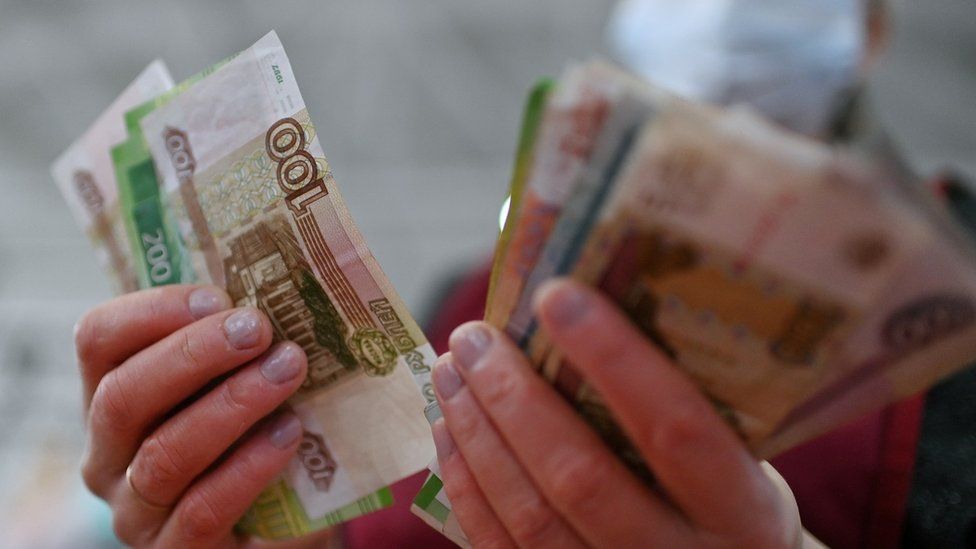UKRAINE CONFLICT: WHAT IS SWIFT AND WHY IS BANNING RUSSIA SO SIGNIFICANT?
The European Union, US, UK and allies have agreed to exclude a number of Russian banks from Swift, an international payment system used by thousands of financial institutions. The move aims to hit the country’s banking network and its access to funds via Swift, which is pivotal for the smooth transaction of money worldwide.
What is Swift?
Swift is the global financial artery that allows the smooth and rapid transfer of money across borders. It stands for Society for Worldwide Interbank Financial Telecommunication.
Created in 1973 and based in Belgium, Swift links 11,000 banks and institutions in more than 200 countries.
But Swift is not your traditional High Street bank. It is a sort of instant messaging system that informs users when payments have been sent and arrived.
It sends more than 40 million messages a day, as trillions of dollars change hands between companies and governments.
More than 1% of those messages are thought to involve Russian payments.
Who owns and controls Swift?
Swift was created by American and European banks, which did not want a single institution developing their own system and having a monopoly.
The network is now jointly-owned by more than 2,000 banks and financial institutions.
It is overseen by the National Bank of Belgium, in partnership with major central banks around the world – including the US Federal Reserve and the Bank of England.
 IMAGE SOURCE,REUTERS
IMAGE SOURCE,REUTERSSwift helps make secure international trade possible for its members, and is not supposed to take sides in disputes.
However, Iran was banned from Swift in 2012, as part of sanctions over its nuclear programme. It lost almost half of its oil export revenues and 30% of foreign trade.
Swift says it has no influence over sanctions and any decision to impose them rests with governments.
How will banning Russia from Swift affect it?
At this stage, it is not known which Russian banks will be removed from Swift. This is expected to become clear in the coming days.
The statement from EU, the US, the UK and others said the move would “ensure that these banks are disconnected from the international financial system and harm their ability to operate globally”.
The aim is for Russian companies to lose access to the normal smooth and instant transactions provided by Swift. Payments for its valuable energy and agricultural products will be severely disrupted.
Banks would be likely to have to deal directly with one another, adding delays and extra costs, and ultimately cutting off revenues for the Russian government.
Russia was threatened with a Swift expulsion before – in 2014 when it annexed Crimea. Russia said the move would be tantamount to a declaration of war.
Western allies did not go ahead, but the threat did prompt Russia to develop its own, very fledgling, cross-border transfer system.
To prepare for such a sanction, the Russian government created a National Payment Card System, known as Mir, to process card payments. However, few foreign countries currently use it.
Why has the West been divided over Swift?
Some nations – such as Germany, France and Italy – had been reluctant to take action against Russia’s use of Swift.
Russia is the European Union’s main provider of oil and natural gas, and finding alternative supplies will not be easy. With energy prices already soaring, further disruption is something many governments want to avoid.
Companies owed money by Russia would have to find alternative ways to get paid. The risk of international banking chaos is too large, say some people.
Alexei Kudrin, Russia’s former finance minister, suggested being cut off from Swift could shrink Russia’s economy by 5%.
But there are doubts about the lasting impact on Russia’s economy. Russian banks might route payments via countries that have not imposed sanctions, such as China, which has its own payments system.








